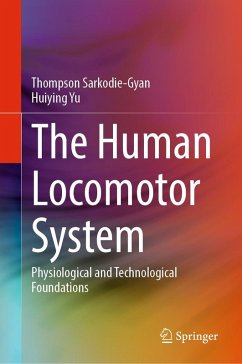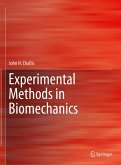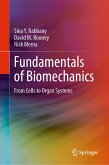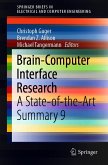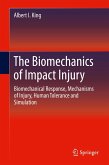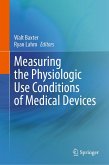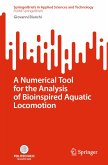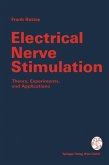The textbook describes the complexity of the human dynamic behavior in space and its ability to produce coordinated, adaptive, dynamically stable movements under steady conditions while negotiating complex terrains and experiencing unexpected perturbations.
Applying fundamental theories of biomechanics and physiology, the authors further consider the physical, perceptual, and motor aspects of the locomotor system towards the analysis of how humans can behave adaptively in space by virtue of their intelligent sensory-motor functions and to illuminate our understanding of how this complexity in behavior can provide insight into the neural control of locomotion of the musculoskeletal system. The text provides a foundation for describing the normal and abnormal human locomotor systems.¿
The Human Locomotor System: Physiological and Technological Foundations is intended as a primary text for upper-undergraduate and graduate-level courses inneuroscience, gait analysis, kinesiology, physical therapy, sports science, and biomedical and rehabilitation engineering. It is also a valuable professional reference for scientists and engineers at medical and pharmaceutical companies involved in bioengineering research and development.
- Offers foundational coverage of the topic;
- Provides new insights, recent developments, and case studies;
- Covers advances in the application of sensors and transducers.
Dieser Download kann aus rechtlichen Gründen nur mit Rechnungsadresse in A, B, BG, CY, CZ, D, DK, EW, E, FIN, F, GR, HR, H, IRL, I, LT, L, LR, M, NL, PL, P, R, S, SLO, SK ausgeliefert werden.
Es gelten unsere Allgemeinen Geschäftsbedingungen: www.buecher.de/agb
Impressum
www.buecher.de ist ein Internetauftritt der buecher.de internetstores GmbH
Geschäftsführung: Monica Sawhney | Roland Kölbl | Günter Hilger
Sitz der Gesellschaft: Batheyer Straße 115 - 117, 58099 Hagen
Postanschrift: Bürgermeister-Wegele-Str. 12, 86167 Augsburg
Amtsgericht Hagen HRB 13257
Steuernummer: 321/5800/1497
USt-IdNr: DE450055826
Bitte wählen Sie Ihr Anliegen aus.
Rechnungen
Retourenschein anfordern
Bestellstatus
Storno

